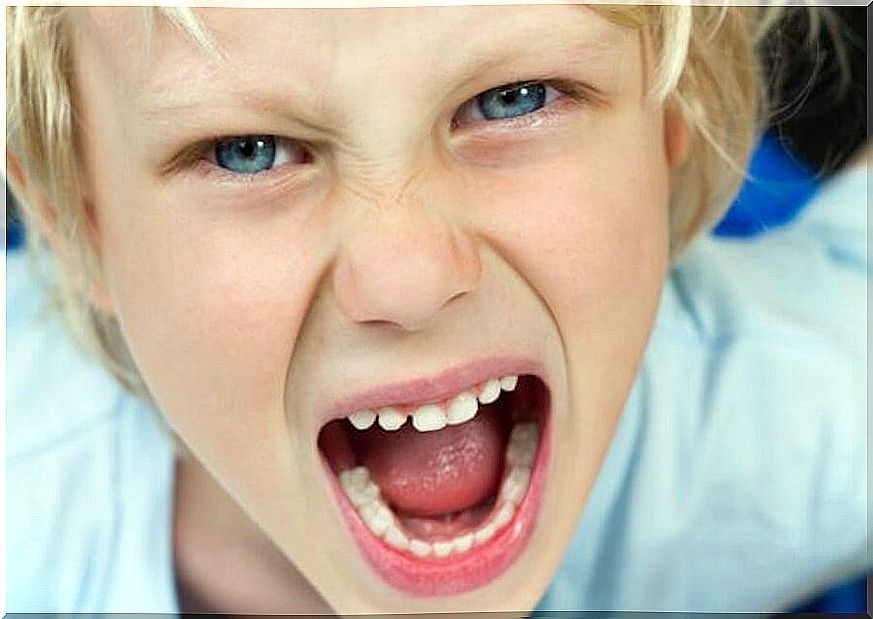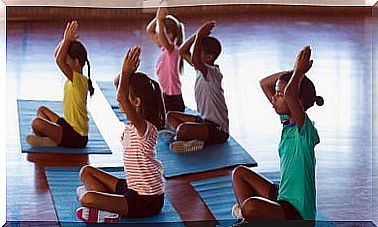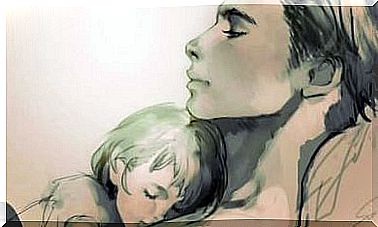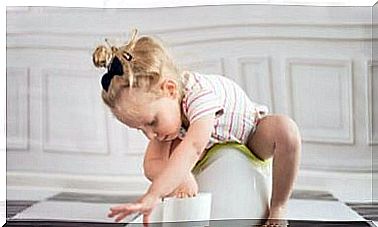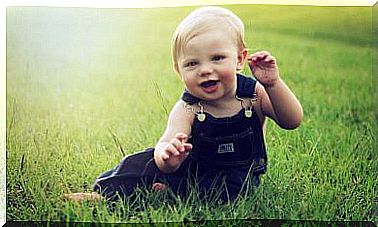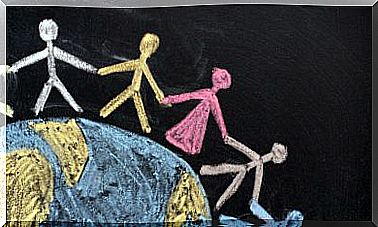6 Useful Strategies To Control Anger In Children
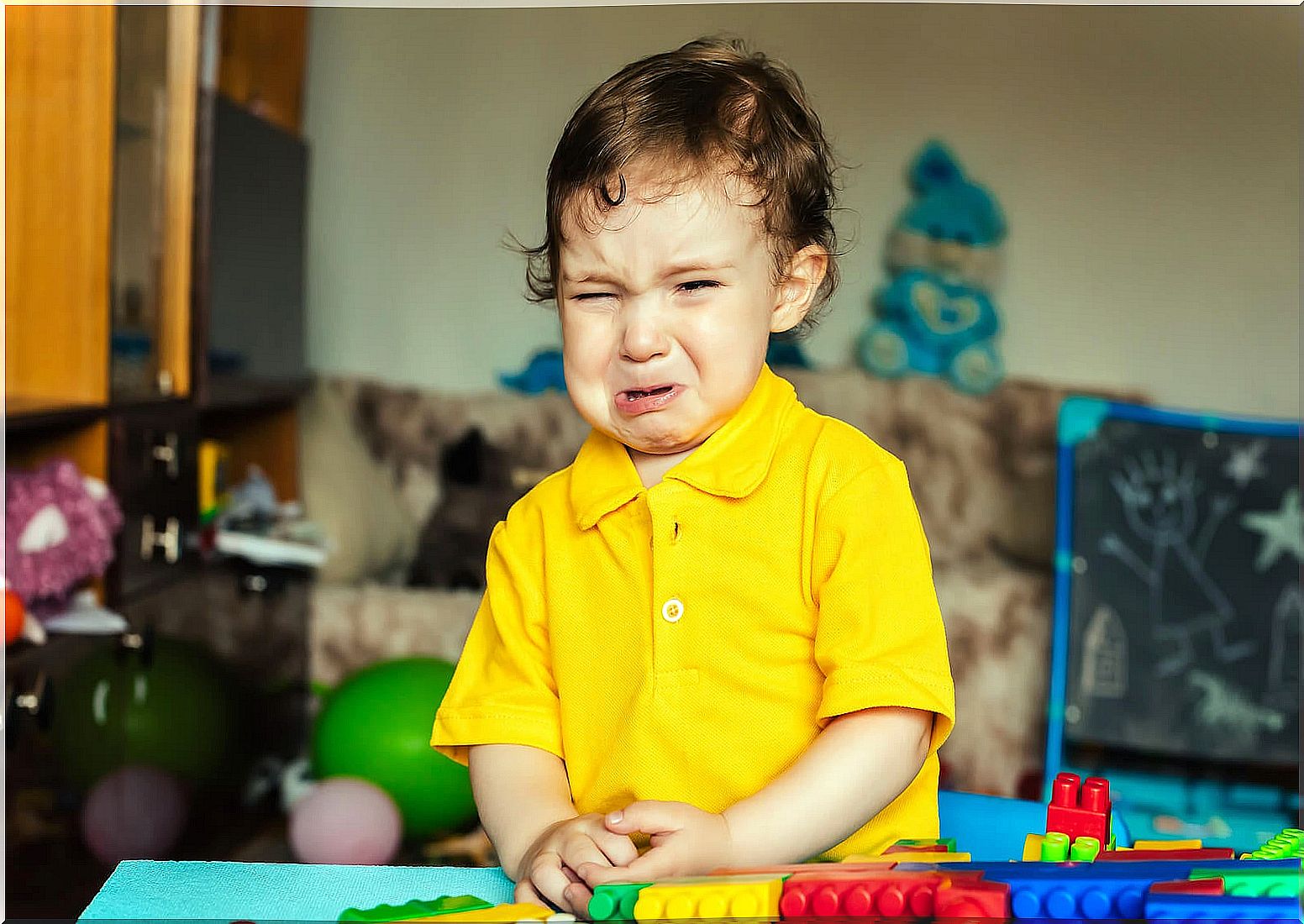
In the following lines we are going to give you some useful strategies to control anger in children. Anger is an emotion that helps us defend ourselves in situations that we can interpret as abusive or aggressive. The problem arises when this anger gets out of control; It is at that moment when it can be harmful, both for us and for the people around us.
In this sense, this emotion is even more complicated when it occurs in children, since they do not yet know how to regulate this feeling and it can get out of control. With the strategies that you will find below, you will be able to fight and control the anger in the little ones. How? Promoting your emotional intelligence.
Helpful Strategies for Managing Anger in Children
The human being, instinctively, tends to react aggressively when he feels anger, but this way of responding is not healthy or adapted. This can cause problems with the people around us, colleagues, friends, family, etc.
This uncontrolled feeling in children can end up affecting their emotional environment. Disproportionate reactions will alienate the people they love and they will feel more and more alone. For this reason, it is important that we teach the little ones to handle this emotion.
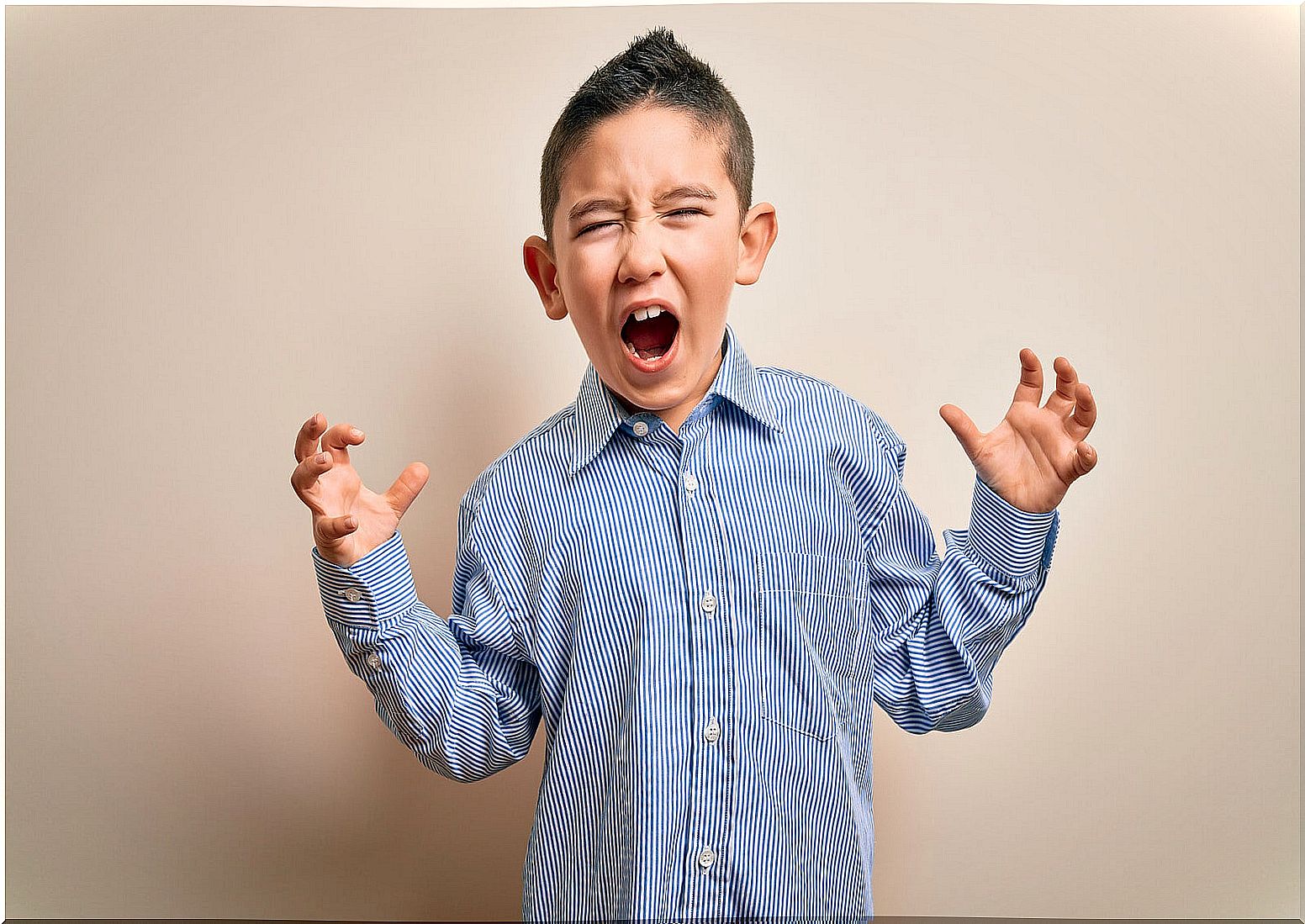
Developing empathy
Instilling this value in children is essential for the development of their emotional intelligence. This helps them understand that other people or children also feel and should know how to put themselves in their place.
To help develop empathy, we can expose them to situations so that they tell us how they think someone feels in that circumstance, for example: “A classmate is hit” or “A child running falls and hurts himself . ” The question would be: “ How do you think the child can feel in these situations? We are going to put ourselves in his place ”.
Recognize and express anger in another way
When they are in a moment of anger, it is very difficult to dialogue with children and negotiate; they don’t listen to us, especially if they’re yelling or hitting.
Given this, we must wait for the child to be calm to make him see how his reaction has been and to explain why it has been like that. We can give you constructive alternatives to anger, that is, promote activities that help you calm down, such as drawing, painting, writing how you feel, etc.
Using sport to release tension
When a child does sports, they discharge excess energy and come home tired and relaxed. Physical activity causes you to release endorphins, which produce a state of well-being and relaxation in the body.
In addition, coaches of any sport have techniques to teach children to behave with sportsmanship, without getting frustrated or angry when there is an accidental fall, a failure to score a goal or a basket, etc. This can lead children to use them in their daily life, both at home and at school.
Teach children self-control techniques
It is important for children to understand that emotions are a way of expressing how we feel and that they are all valid. What is not correct is the way to behave with that emotion, that is, we can feel angry with something that a partner says, but we cannot respond violently, because that would be very wrong.
If the child has aggressive behaviors, hits, bites, spits or insults, we cannot tolerate it, especially if that behavior is repeated. We must apply the punishment or consequence of their behavior in a necessary way.
One way to avoid punishment is to teach him techniques to use when he feels angry and can control disproportionate reactions. One of these techniques would be the traffic light technique: three cards are made (red, green and yellow) and each of them tells us how we have to react.
More Helpful Strategies for Managing Anger in Children

Not responding to their annoyances
The way a child behaves, for better or for worse, does not only depend on their character or personality. Education plays a very important role so that children are, in the future, adapted people.
Therefore, it is very important to see how you react at home. If at home parents yell, physically attack or scold excessively, we are teaching them that this is how they should behave. In these situations, we cannot expect children to be relaxed when faced with anger.
What should parents do? When they are very angry, do not listen to them. Sometimes they seek to be the center of attention; If we get angry or scold them, they will be getting our attention, in this way, they win and they behave this way again because they know that we will respond to them in one way or another.
Therefore, if a child sees that when he has this reaction we do not pay attention to him, he will end up getting tired and, if he sees that he does not get what he wants, surely, he will stop behaving like that.
Teach breathing techniques
Breathing or relaxation techniques can be of great help, since an activity is carried out contrary to the tension that is experienced with anger. So when they feel angry, we can ask them to take a deep breath and imagine themselves in a beautiful place that they love.
These images, along with deep breathing, will help the child gain control of the situation and think more clearly.
Regarding useful strategies to control anger in children …
The useful strategies to control anger in children that you have seen can help you in those situations in which the little one does not control that own aggressiveness that is experienced when we are angry.
Children are not capable of having control over their emotions, especially when they are young, as they have not yet acquired that ability. For this reason, it is important to foster emotional intelligence in them. We must guide them with love and patience so that they can learn to recognize and express anger in a healthier way.
